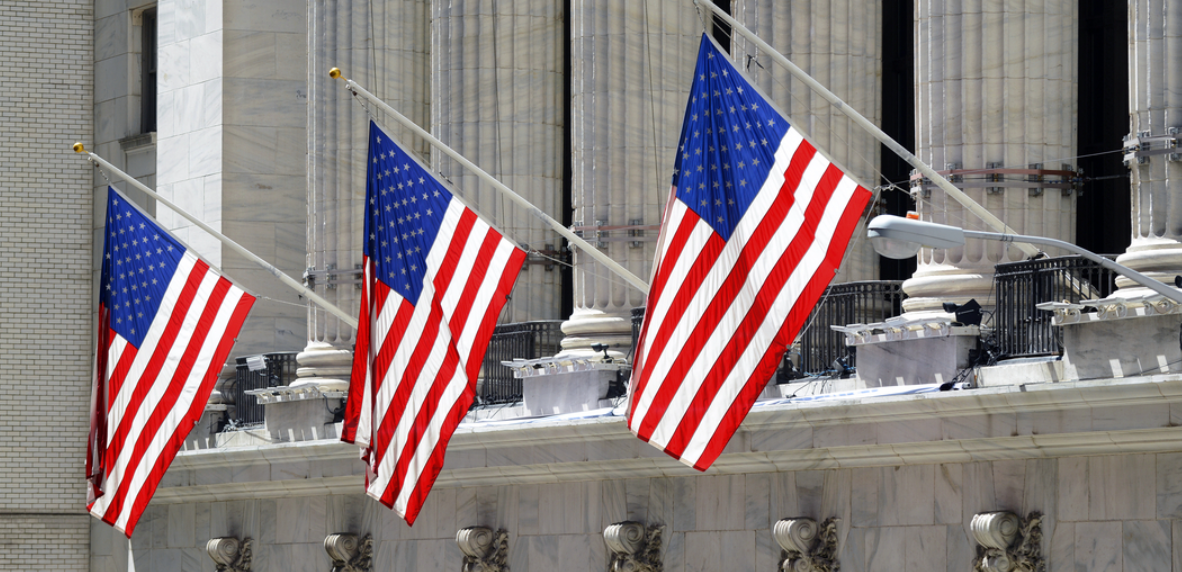Wed Jan 26, 2022
Wednesday / January 26
Fed meeting
The US Federal Reserve is ending its two-day policy meeting on Wednesday.
Investors expect the bank to signal that it plans to raise interest rates in March by tightening monetary policy for the first time since it cut borrowing costs to zero at the onset of the coronavirus pandemic two years ago.
The Fed is also expected to issue a final order to end its asset purchase program.
This process started last November and is scheduled to end at the current rate in mid-March, around the time the first-rate hike can take place.
What the Fed will do after this point, with its balance sheet of approximately 9 trillion dollars, is a major concern. Fed Chairman Jerome Powell may offer further views on the outlook at a press conference after the two-day meeting ends.
Chip shortage
The US Department of Commerce said on Tuesday that semiconductor chip shortages due to generation capacity constraints will continue.
Based on a voluntary survey of 150 companies in the supply chain, the department said there remained a significant, persistent mismatch in supply and demand for the chip market, and respondents did not see the problem go away in the next six months.
The ministry said it has seen unusually high prices among some chips used by automakers and medical device manufacturers, saying it will activate the industry on a solution in the coming weeks.
After the Senate approved the funding in June, Democrats in the House of Representatives are expected to present bills aimed at increasing the US competitiveness with China and spending $52 billion on semiconductor manufacturing and research.
President Joe Biden is pressing Congress for more funds to increase chip production in the US as a solution to the chip crisis that is fueling inflation and supply chain breaks.
Threat of sanctions against Putin
Western leaders have stepped up their preparations for any Russian military action in Ukraine, with US President Joe Biden saying he will consider imposing direct sanctions on President Vladimir Putin.
In a televised speech on Tuesday evening, Ukrainian President Volodymyr Zelenskiy urged his compatriots to remain calm and said work is underway to secure a meeting between him and the leaders of Russia, Germany and France.
Biden reiterated that he has no plans to send US troops to non-NATO Ukraine, but said he would consider imposing direct sanctions on Putin and said there would be "enormous consequences" worldwide if Russia invaded.
Biden said that if Russia entered Ukraine with all its might, it would be "the biggest invasion since WWII" and "change the world".
When Biden was asked whether he would impose sanctions on Putin if he invaded Ukraine, "yes, I would see that," he responded.
Wall Street
All three major US stock indices experienced a repeat of Monday's volatile trade on Tuesday.
The Dow Jones Industrial Average fell 0.19%. The blue-chip average closed at 34,297.73 with a loss of 67.77 points. The S&P 500 fell 1.2% to 4,356.45. The tech-heavy Nasdaq Composite lost 2.3% to close at 13,539.30.
Global stocks are on track for their biggest monthly drop since the COVID-19 pandemic hit the markets in March 2020. The MSCI world stock index, which tracks shares in 45 countries, fell 0.99%.
Safe-havens, including the dollar and gold, gained as investors avoided risk.
Worries about a possible war in Eastern Europe pushed up oil prices.
